23 start with B start with B
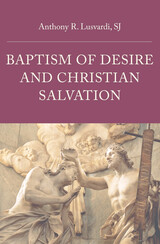
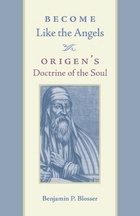
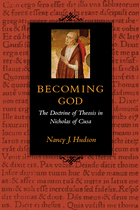
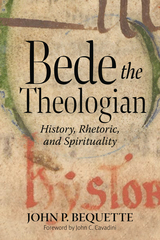
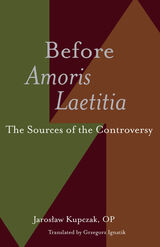
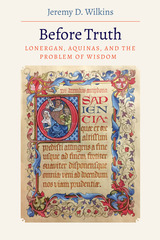

One of the most important theologians of the modern era, Karl Rahner is best known for his efforts to make Christianity credible in light of the intellectual questions of modern culture. Stephen M. Fields, SJ, now explains how Rahner developed his metaphysics as a creative synthesis of Thomism and the modern philosophical tradition. Focusing on Rahner's core concept of the Realsymbol, which posits all beings as symbolic, Fields establishes the place of the Realsymbol in philosophical theories of the symbol. He particularly concentrates on those key aspects of Rahner's metaphysics-his theories of finite realities and language—that have received insufficient attention.
By examining a wide range of Rahner's works in the context of twelve medieval, modern, and contemporary thinkers, Fields locates the origins of this seminal thinker's metaphysics to an extent never before attempted. He notes the correlations that exist between the Realsymbol and such work as Aquinas's theory of the sacraments, Goethe's and Hegel's dialectics, Moehler's view of religious language, and Heidegger's aesthetics.
Through this analysis, Fields reveals the structural core of Rahner's metaphysics and shows how art, language, knowledge, religious truth, and reality in general are all symbolic. Being as Symbol opens new perspectives on this important thinker and positions him in the broader spectrum of philosophical thought.
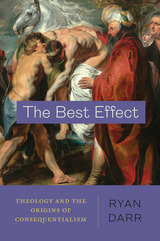
Consequentialism—the notion that we can judge an action by its effects alone—has been among the most influential approaches to ethics and public policy in the Anglophone world for more than two centuries. In The Best Effect, Ryan Darr argues that consequentialist ethics is not as secular or as rational as it is often assumed to be. Instead, Darr describes the emergence of consequentialism in the seventeenth century as a theological and cosmological vision and traces its intellectual development and eventual secularization across several centuries. The Best Effect reveals how contemporary consequentialism continues to bear traces of its history and proposes in its place a more expansive vision for teleological ethics.
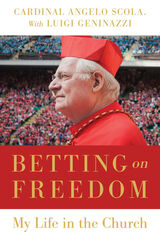
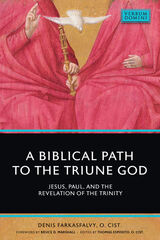
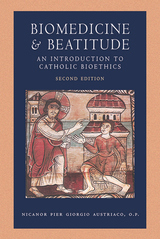
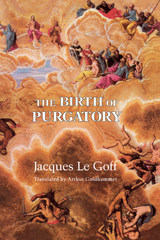

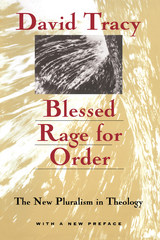
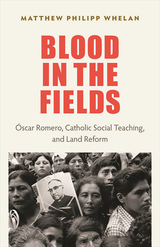
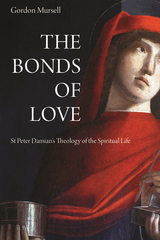
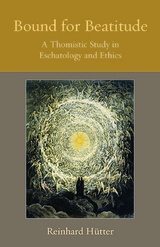
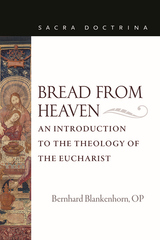

John Courtney Murray, SJ (1904-1967), is most renowned for his ethical writings, which distinguish between the secular and the sacred, and for his defense of civil religious freedom based on natural law philosophy. His later theological writings, however, in which he sought to reintegrate the temporal and the spiritual, civil society and the church, philosophy and theology, have been largely ignored. In this new collection of essays—previously scattered among various periodicals over the course of thirty years—J. Leon Hooper, S.J., presents a selection of Murray's theological writings that not only outlines and highlights the integrity of Murray's moves towards a public theological discourse but also contributes to the ongoing post-conciliar task of integrating the secular and the sacred, thereby invigorating American public conversation today.
In his editorial introductions, Hooper furthers Murray scholarship by identifying two distinct links between Murray's well known non-theological writings and the explicitly theological work that also spans his public life. Common to both areas are Murray's deepening appreciation of the historicity of all human knowing and the cognitional operations that the human person brings to both sacred and profane living.
By making available Murray's explicitly theological and Christian humanism writings, this collection further enriches American ethical, theological and philosophical debate.

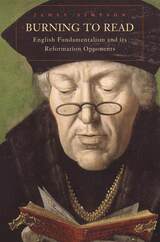
The evidence is everywhere: fundamentalist reading can stir passions and provoke violence that changes the world. Amid such present-day conflagrations, this illuminating book reminds us of the sources, and profound consequences, of Christian fundamentalism in the sixteenth century.
James Simpson focuses on a critical moment in early modern England, specifically the cultural transformation that allowed common folk to read the Bible for the first time. Widely understood and accepted as the grounding moment of liberalism, this was actually, Simpson tells us, the source of fundamentalism, and of different kinds of persecutory violence. His argument overturns a widely held interpretation of sixteenth-century Protestant reading--and a crucial tenet of the liberal tradition.
After exploring the heroism and achievements of sixteenth-century English Lutherans, particularly William Tyndale, Burning to Read turns to the bad news of the Lutheran Bible. Simpson outlines the dark, dynamic, yet demeaning paradoxes of Lutheran reading: its demands that readers hate the biblical text before they can love it; that they be constantly on the lookout for unreadable signs of their own salvation; that evangelical readers be prepared to repudiate friends and all tradition on the basis of their personal reading of Scripture. Such reading practice provoked violence not only against Lutheranism's stated enemies, as Simpson demonstrates; it also prompted psychological violence and permanent schism within its own adherents.
The last wave of fundamentalist reading in the West provoked 150 years of violent upheaval; as we approach a second wave, this powerful book alerts us to our peril.

A comprehensive overview of the contribution of Catholic social thought to business ethics
Can a religion founded on loving one’s neighbor give moral approval to profit-seeking business firms in a global economy? What should characterize the relationship between faith and economic life? What can businesses, employees, and executives do to contribute to the common good and to make their practices and society more ethical?
Business Ethics and Catholic Social Thought provides a new and wide-ranging account of these two ostensibly divergent fields. Focusing on the agency of the business person and the interests of firms, this volume outlines fundamental issues confronting moral leaders and corporations committed to responsible business practices.
The book leads with interviews of three Catholic CEOs and the intellectual history of business ethics in Christianity before examining fundamental moral concerns regarding business: its purpose, autonomy, practical wisdom, and the technocratic paradigm. Contributing authors also consider management science, the motivations of business leaders, the role of luck in personal success, the traditional moral justifications for business, and more. These contributions bring new depth to the application of Catholic social thought to business ethics during a time when economic crisis demands a reevaluation of business and its contribution to society.
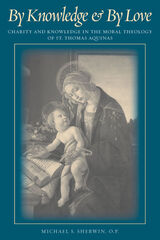
READERS
Browse our collection.
PUBLISHERS
See BiblioVault's publisher services.
STUDENT SERVICES
Files for college accessibility offices.
UChicago Accessibility Resources
home | accessibility | search | about | contact us
BiblioVault ® 2001 - 2024
The University of Chicago Press









